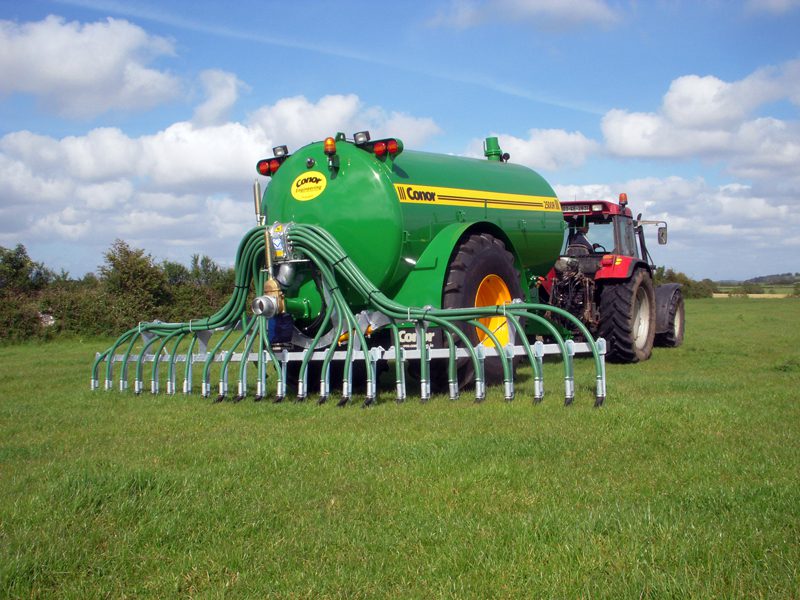The Irish Creamery Milk Suppliers’ Association (ICMSA) says that farmers must not be targeted unfairly with regard to water quality under the nitrates derogation review.
The association’s comments come in the aftermath of today’s (Monday, April 1) announcement by the Department of Agriculture, Food and the Marine that it is to begin a public consultation on the conditions contained in Ireland’s nitrates derogation.
The department said the consultation is part of a review process that will examine further opportunities for derogation farmers to improve efficiencies.
It also states that the review will assist farmers in their bid to reduce “environmental footprint”.
The derogation is an important facility for more intensive farmers, particularly in the dairy sector, and it is essential that its environmental credentials are maintained.
The spokesperson continued: “Almost 7,000 intensively stocked farmers with an agricultural area of 466,000ha availed of the derogation in 2018 – this was a marked increase in both the area and the number farming under derogation since 2014.”
‘Unfairly targeted’
Meanwhile, ICMSA’s farm and rural affairs committee chairman Denis Drennan said members had a number of concerns with the nitrates review, one of which included water quality and the onus of responsibility on farmers in respect of that.
“We would want to ensure that farmers would not be unfairly targeted on water quality; one only needs to look at the problem at the Dublin Ringsend plant and the questions raised about the management of sewage treatment plants across the state,” he said.
Additional regulations cannot be imposed on farmers for the failures of others.
Drennan went on the say that ICMSA understood that the focus of the review would be on the compulsory use of low-emission slurry spreading equipment.
‘Practical problems’
He said he hoped that the department would also take account of, what he described as, “the practical problems associated with this equipment”.
“We note the ‘low emissions’ argument but there are logistical issues around that in terms of the numbers of contractors with the equipment, and also the consistency of the slurry itself, so a focus on the use of more slurry during the spring period may be a better and more practical option,” Drennan continued.
In addition, maintaining grant aid on low-emission slurry spreading equipment must be a priority.
“Significant investments in environmental improvements have taken place on farms over the last number of years and the nitrates review must recognise this fact and ensure that economically and environmentally sustainable farming can continue,” he concluded.
